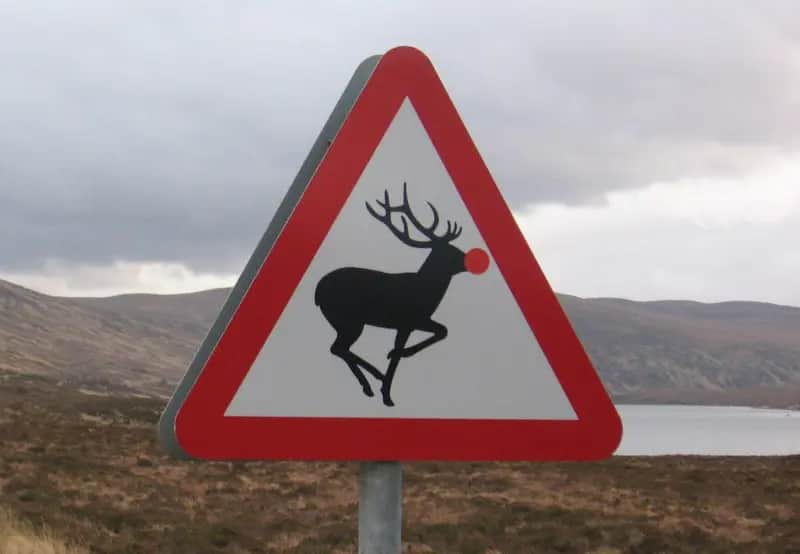AONACH EAGACH AND THE BROWN UNDERPANTS FACTOR

RIDGE OF SIGHS: Looking back along the most exciting section of the Aonach Eagach, sheer heaven for scramblers

HIGH POINTS: Liathach's pinnacles
THE psychology of fear in the mountains is a constant fascination, and how we learn to overcome or cope with it is dependent on a range of factors.
There are those who seem to have been born rock tigers, but for most there's that pivotal moment when we step up from walker to scrambler or climber.
Sometimes the move to a higher level is natural progression, but sometimes it comes around by accident, when we are thrust into a more serious situation by naivety or necessity.
It's a common theme, and one that came up again this week in an article by a mountaineer who recounted a precarious unplanned ascent which quickly turned into the steepest of learning curves.
It had started as a straightforward Scottish winter walk, but in the latter stages his experienced partner suggested a more adventurous scramble to the summit. This proved more difficult than first thought, and it wasn't long before the option of going back down seemed more perilous than pushing on. Despite a few hairy moments, they eventually made it to the top safely but the adrenaline rush from a mix of fear and relief proved a positive turning point for the young climber.
Having a narrow escape can work both ways. A former neighbour, a supremely fit athlete who never did anything by halves, decided he was going to climb all the Munros and set off at a cracking pace, racking up nearly 200 in a year.
It all came to an abrupt halt as he made his way up Buachaille Etive Mor by the Curved Ridge route. Someone above dislodged a chunk of rock which gashed his forehead as it brushed past. He was badly shaken but lucky – a few millimetres and he would taken the full brunt. He abandoned the climb and never ventured near a mountain again.
My Eureka moment came on the Aonach Eagach, the notorious notched ridge of Glen Coe where Muriel Gray famously reckoned 'brown underpants' were a distinct possibility. I have a photo that seems to attest to Muriel's theory, although I would like to point out that the brown stains are simply the result of spending so much time sliding along on my backside. Rumours of whimpering are also without foundation.
At the time, this was big step-up in my mountain experience, and I was lucky to have three more experienced friends along. By the time we reached the Clachaig for a much-needed drink, I knew I had raised my personal bar. Days like that and the likes of the Black Cuillin, An Teallach or Liathach are looked upon with relish, a chance to constantly challenge and push the boundaries a little more each time. The fear factor is buried in the past. Most people who regularly walk the mountains will have experienced a similar journey.
It's important not to lose sight of the fact that every mountain should be treated with respect. Even on the easier days, things can go wrong. Over-confidence can be more dangerous than inexperience.
Our perspective constantly changes over the years but it's not all one-way traffic. Sometimes life gets in the way and confidence goes into reverse. Friends who were good climbers have a few years out for family or work reasons or because of injury problems and when they return find that their earlier belief has diminished.
One regular partner, who had returned to the fold after a long pause, seemed hesitant and nervous during a traverse of the Am Fasarinen pinnacles on Liathach. This was in stark contrast to the early days of our mountain life when he was the one full of confidence, the leader of our group. The responsibilities of a young family and the consequences of a slip were now bearing heavily on his mind.
After descending from Sgurr Alasdair in Skye at the age of 75, a family friend told me that would be his last Munro. He felt his balance had gone and with it his confidence. Another walking pal in his late 70s turned back near the top of Sgurr nan Gillean while leading an inexperienced partner because he started to doubt his ability.
At least they made the conscious decision to call it quits at the top of their game, unlike one colleague, a superb climber who had proved a font of knowledge and an inspiration to us during our early days.
He had always talked of finishing his few remaining Munros when he took his retirement package, yet he never managed to do another hill. It seemed the gap brought on by working life had drained him of motivation, and perhaps, belief.

